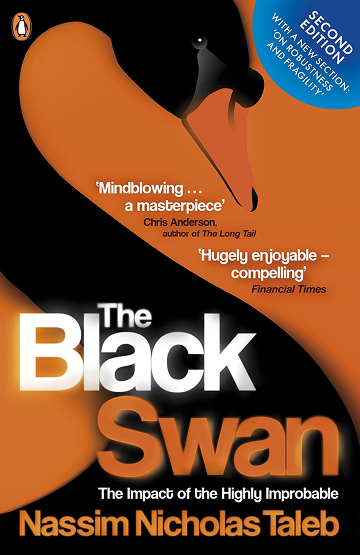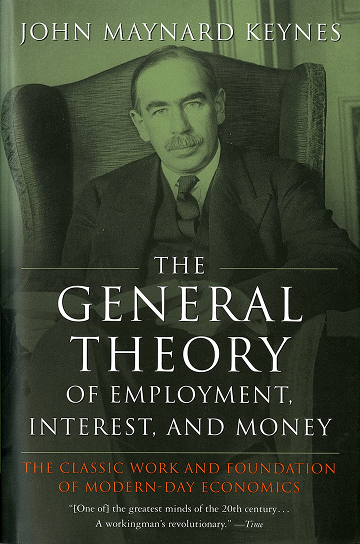Karl Albrecht Jr. Net Worth, Biography and Key Insights



Karl Albrecht Jr.’s Profile Summary
|
Company
|
Aldi Süd |
|---|---|
|
Position
|
Former executive; currently oversees operations through family trust |
|
Source of wealth
|
Inheritance from the Aldi retail fortune |
|
Also known as
|
Karl Hans Albrecht Jr. |
|
Age
|
78 |
|
Education
|
Not publicly disclosed |
|
Citizenship
|
German |
|
Residence
|
Essen, Germany |
|
Family
|
Married, no children |
|
Website, Social Media
|
No info |
Karl Albrecht Jr.’s biography
Karl Albrecht Jr. was born in 1947 in Essen, Germany, into one of the most influential retail families in Europe. He is the son of Karl Albrecht Sr., co-founder of the global discount supermarket chain Aldi. The Albrecht family’s legacy began with a small grocery store that Karl Sr. and his brother Theo transformed into one of the most successful retail empires in the world. After the company split into two entities, Aldi Nord and Aldi Süd, Karl Jr. inherited a significant portion of Aldi Süd, which operates across southern Germany and in various international markets, including the U.S., U.K., and Australia.Karl Albrecht Jr. joined Aldi Süd early in his career, gaining extensive knowledge of the retail business and the company's core values—low prices, simplicity, and efficiency. Despite his substantial wealth, Albrecht Jr. has kept a low profile, in line with his family's tradition of privacy. His management style emphasizes operational efficiency and customer-centric approaches, which have contributed to the sustained growth of Aldi Süd.
In the 1990s, Albrecht Jr. was diagnosed with cancer, which temporarily led him to step away from active management. However, he has since recovered and remains closely involved in the company through the family trust, the Siepmann Stiftung, which he co-manages with his sister Beate Heister. Under his guidance, Aldi Süd has grown into a retail powerhouse, with over 7,400 stores worldwide and annual revenues exceeding €87 billion.
Despite his immense wealth, estimated at $15.7 billion as of January 2025, Albrecht Jr. is known for his humble and reserved lifestyle. His focus on business efficiency, long-term sustainability, and maintaining the core values of Aldi continues to shape the company’s success.
-
How did Karl Albrecht Jr. make money?
Jonathan Gray's ascent in the business world is a testament to strategic acumen and a keen eye for investment opportunities. After graduating from the University of Pennsylvania in 1992, he joined Blackstone Group, a leading global investment firm, where he began his career in the private equity division. Recognizing the potential in real estate, Gray transitioned to the firm's newly formed real estate group, a move that would define his professional trajectory.
In the mid-1990s, Gray played a pivotal role in Blackstone's entry into the real estate market, focusing on acquiring undervalued assets. His strategic foresight was evident during the early 2000s when he led the firm's investments in the hotel industry, notably the acquisition of Wyndham Hotels and later Hilton Worldwide. The Hilton deal, valued at $26 billion in 2007, was particularly significant; despite initial challenges, Gray's leadership steered Hilton through the financial crisis, culminating in a successful public offering in 2013.
Gray's investment strategy often involved identifying distressed assets with potential for turnaround. During the aftermath of the 2008 financial crisis, he led Blackstone's acquisition of numerous residential properties, capitalizing on the housing market downturn. This initiative resulted in the creation of Invitation Homes, which became one of the largest single-family rental home operators in the United States.
Under Gray's stewardship, Blackstone's real estate portfolio expanded exponentially, making it one of the largest real estate private equity firms globally. His success within the firm led to his appointment as President and Chief Operating Officer in 2018, positioning him as a key figure in Blackstone's overall strategic direction.
Gray's wealth is primarily derived from his substantial holdings in Blackstone. As of 2025, his net worth reflects the firm's growth and profitability, driven by successful investments across various real estate sectors, including hospitality, residential, and commercial properties. His business success is marked by a combination of strategic investment decisions, effective management, and an ability to navigate complex market dynamics. -
What is Karl Albrecht Jr. net worth?
As of 2025, Karl Albrecht Jr.’s net worth is estimated to be $16.5 B.
What is Karl Albrecht Jr. also known as?
Karl Albrecht Jr., born in 1947, is recognized as a German billionaire businessman and heir to the Aldi Süd fortune, maintaining a low public profile while overseeing the family-owned retail enterprise.Prominent achievements of Karl Albrecht Jr.
Karl Albrecht Jr. has been instrumental in maintaining and expanding Aldi Süd's global presence, contributing to its status as a leading international discount supermarket chain with substantial revenues and a strong market position.What are Karl Albrecht Jr.’s key insights?
Karl Albrecht Jr. upholds the family's commitment to operational efficiency, cost leadership, and maintaining a low public profile, ensuring the continued success and expansion of Aldi Süd.
Karl Albrecht Jr.’s personal life
Karl Albrecht Jr. is married to Gabriele Mertes. The couple has no children. He has a sister, Beate Heister, with whom he jointly controls the family trust overseeing Aldi Süd.
Useful insights
Understanding market forces
In my experience, to truly succeed as an investor, it’s essential to understand the driving forces behind market behavior. Market movements aren’t random—they’re influenced by a range of economic theories and dynamics. The following books provide valuable insights into these forces, offering a deeper understanding of how global financial markets operate and what shapes their trends.
-
Nassim Nicholas Taleb – "The Black Swan"

-
Summary:
Taleb explores the concept of rare, unpredictable events—so-called "Black Swans"—that can have massive impacts on markets and society. These events are often overlooked by traditional risk management models, leading to devastating consequences when they occur. Taleb illustrates how these unpredictable shocks shape our world, often more than gradual, expected changes.
-
Why read it:
This book challenges conventional thinking about risk and uncertainty, showing that many major historical and financial events were "Black Swans." It's a vital read for investors who want to build resilience in the face of market volatility.
-
-
John Maynard Keynes – "The General Theory of Employment, Interest, and Money"

-
Summary:
Keynes revolutionized economics by focusing on total demand within an economy and its effect on output and inflation. His theory suggested that government intervention could stabilize economic cycles through fiscal and monetary policy. The book also explains the consequences of under-consumption and the role of interest rates in managing economic stability.
-
Why read it:
For investors interested in macroeconomic trends and policy impacts, Keynes’ work is essential. Understanding the Keynesian framework can help investors predict how government actions might influence market performance.
-
Other profiles in category
Popular Financial Guides
Latest Financial News

South Africa unveils digital visas to attract film and events

South Africa invests R710 million to expand free Internet access































































































































